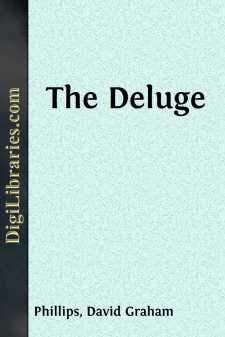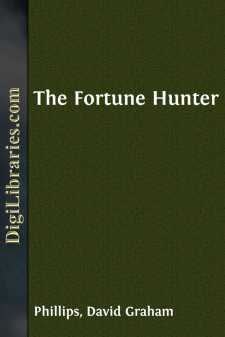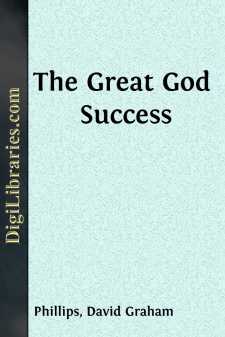Categories
- Antiques & Collectibles 13
- Architecture 36
- Art 48
- Bibles 22
- Biography & Autobiography 813
- Body, Mind & Spirit 142
- Business & Economics 28
- Children's Books 17
- Children's Fiction 14
- Computers 4
- Cooking 94
- Crafts & Hobbies 4
- Drama 346
- Education 46
- Family & Relationships 57
- Fiction 11829
- Games 19
- Gardening 17
- Health & Fitness 34
- History 1377
- House & Home 1
- Humor 147
- Juvenile Fiction 1873
- Juvenile Nonfiction 202
- Language Arts & Disciplines 88
- Law 16
- Literary Collections 686
- Literary Criticism 179
- Mathematics 13
- Medical 41
- Music 40
- Nature 179
- Non-Classifiable 1768
- Performing Arts 7
- Periodicals 1453
- Philosophy 64
- Photography 2
- Poetry 896
- Political Science 203
- Psychology 42
- Reference 154
- Religion 513
- Science 126
- Self-Help 84
- Social Science 81
- Sports & Recreation 34
- Study Aids 3
- Technology & Engineering 59
- Transportation 23
- Travel 463
- True Crime 29
The Second Generation
Description:
Excerpt
CHAPTER I
"PUT YOUR HOUSE IN ORDER!"
In six minutes the noon whistle would blow. But the workmen—the seven hundred in the Ranger-Whitney flour mills, the two hundred and fifty in the Ranger-Whitney cooperage adjoining—were, every man and boy of them, as hard at it as if the dinner rest were hours away. On the threshold of the long room where several scores of filled barrels were being headed and stamped there suddenly appeared a huge figure, tall and broad and solid, clad in a working suit originally gray but now white with the flour dust that saturated the air, and coated walls and windows both within and without. At once each of the ninety-seven men and boys was aware of that presence and unconsciously showed it by putting on extra "steam." With swinging step the big figure crossed the packing room. The gray-white face held straight ahead, but the keen blue eyes paused upon each worker and each task. And every "hand" in those two great factories knew how all-seeing that glance was—critical, but just; exacting, but encouraging. All-seeing, in this instance, did not mean merely fault-seeing.
Hiram Ranger, manufacturing partner and controlling owner of the Ranger-Whitney Company of St. Christopher and Chicago, went on into the cooperage, leaving energy behind him, rousing it before him. Many times, each working day, between seven in the morning and six at night, he made the tour of those two establishments. A miller by inheritance and training, he had learned the cooper's trade like any journeyman, when he decided that the company should manufacture its own barrels. He was not a rich man who was a manufacturer; he was a manufacturer who was incidentally rich—one who made of his business a vocation. He had no theories on the dignity of labor; he simply exemplified it, and would have been amazed, and amused or angered according to his mood, had it been suggested to him that useful labor is not as necessary and continuous a part of life as breathing. He did not speculate and talk about ideals; he lived them, incessantly and unconsciously. The talker of ideals and the liver of ideals get echo and response, each after his kind—the talker, in the empty noise of applause; the liver, in the silent spread of the area of achievement.
A moment after Hiram roused the packing room of the flour mill with the master's eye, he was in the cooperage, the center of a group round one of the hooping machines. It had got out of gear, and the workman had bungled in shutting off power; the result was chaos that threatened to stop the whole department for the rest of the day. Ranger brushed away the wrangling tinkerers and examined the machine. After grasping the problem in all its details, he threw himself flat upon his face, crawled under the machine, and called for a light. A moment later his voice issued again, in a call for a hammer. Several minutes of sharp hammering; then the mass of iron began to heave. It rose at the upward pressure of Ranger's powerful arms and legs, shoulders and back; it crashed over on its side; he stood up and, without pause or outward sign of his exertion of enormous strength, set about adjusting the gearing to action, with the broken machinery cut out....











